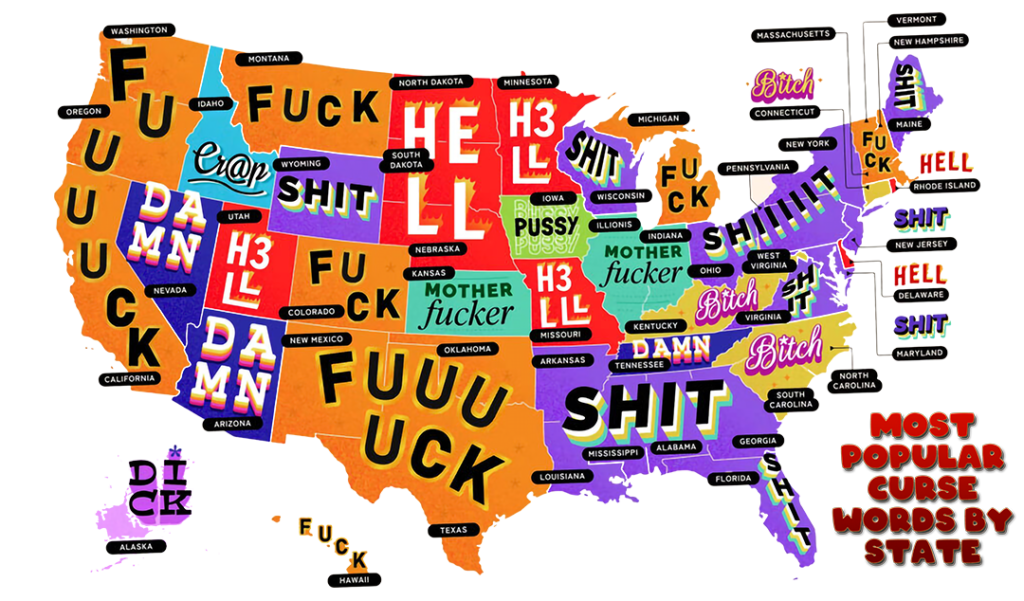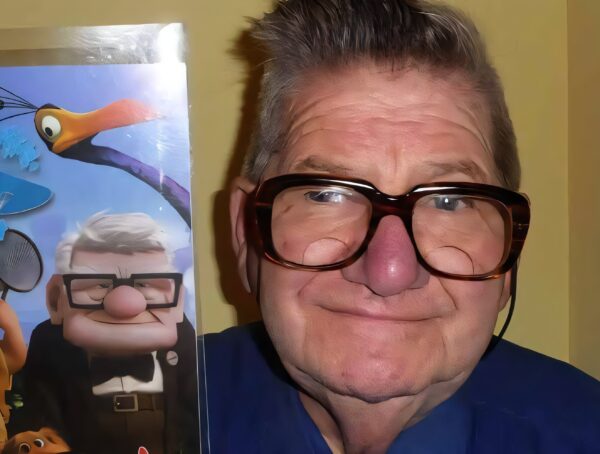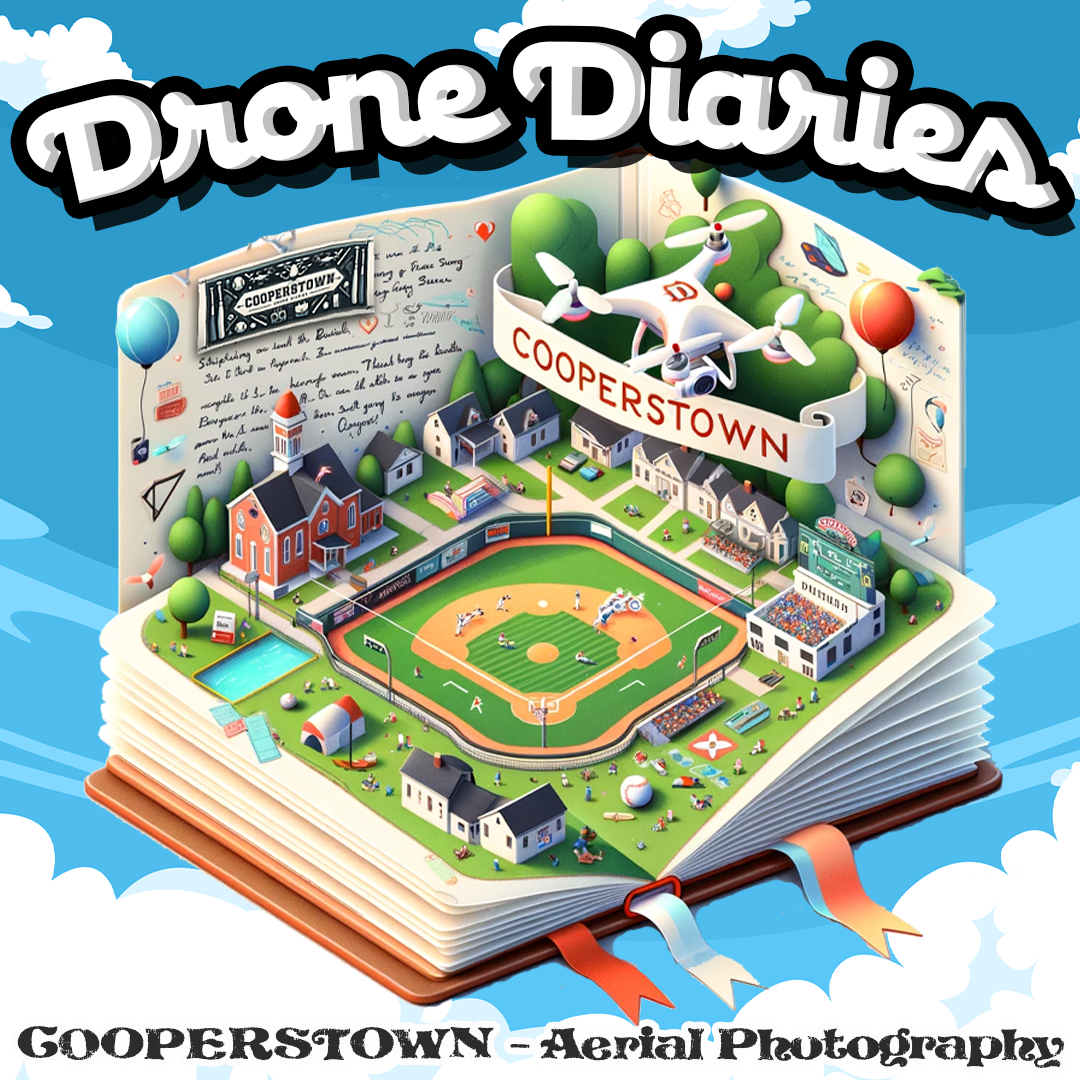TL;DR: Swearing isn’t just about being crude—it’s a deeply human, multifaceted form of communication with history, psychology, and cultural rebellion baked into it. Steven Pinker identifies five types of swearing:
- Abusive Swearing: Language used as a weapon to insult or demean (e.g., “You’re a f***ing idiot!”). It triggers fight-or-flight responses and reflects societal aggression.
- Emphatic Swearing: Adds intensity or flair to statements (e.g., “This is f***ing amazing!”). It’s emotional amplification but often a linguistic shortcut.
- Dysphemistic Swearing: Designed to provoke disgust or discomfort (e.g., “This tastes like s***”). It highlights taboo imagery for shock value.
- Idiomatic Swearing: Casual filler to create camaraderie or ease tension (e.g., “What the hell?”). It’s relaxed, informal, and often devoid of deeper meaning.
- Cathartic Swearing: A reflexive release of emotion, especially in pain or frustration (e.g., “F***!”). It’s raw, honest, and neurologically tied to stress relief.
Swearing taps into primal brain functions, serving as both a release valve for emotion and a linguistic weapon. It’s a reflection of culture, individuality, and, at times, societal decline. Profanity is more than just words—it’s humanity in its rawest form.
The Science, Psychology, and Art of Profanity
Using profanity can be exhilarating. It can feel nice to let loose and express your anger or irritation through cursing. Despite that, or maybe because of it, cursing is often regarded as linguistically inferior, as a sign of laziness or a lack of vocabulary, or it is on display in the old-style exaltation of holiness. Indeed, there’s a long history of cursing in English, but there’s no question that it is potentially a minefield.
The topic of our conversation is not just swearing in Hebrew but also swearing in the Jewish tradition—more specifically, the sometimes humorous, sometimes pointed, sometimes just plain surprising use of swearing and cursing as a Jewish art form. Linguist and popular science author Steven Pinker tells us that cursing serves as a kind of socially acceptable shortcut to expressing all those desires we’re forbidden to express. But if those desires really are evil—if they’re the bad stuff that the good God didn’t put in the world—then it’s hard to see how expressing them serves any purpose save that of giving a roomful of table-slamming puritans a cover for being puritans.
The 5 Categories of Swearing
1. Abusive Swearing:
Using language as a weapon, we begin with the verbal dagger. Abusive swearing isn’t subtle or clever.
- Purpose: To insult, demean, or intimidate others.
- Examples: “You’re a fucking idiot,” “Go to hell, asshole,” or “You piece of shit.”
- Context: Aggressive, typically used in arguments, confrontations, or acts of bullying to assert dominance or demean someone else.
- Psychology: Triggers fight-or-flight responses in the recipient, weaponizing language as a tool for psychological harm or power assertion.
The classic way of using profanity accomplishes two things at once. It insults or puts down another person and also shows off the user’s command of the English language—it’s not easy to string together so many offensive words for so long and still retain some sort of grammaticality and sense. To insult someone in a totally obscene but still artistically coherent way is a way of achieving what some people consider a kind of “culmination” of obscene artistry. And of course there are many reasons why our society prizes that kind of output, not least because it makes listeners gasp and it goes “over” or “under” in making all sorts of commonsensical blends of social commentary.
2. Emphatic Swearing:
Next up, the Verbal Exclamation Point. Those delightful little bombs people drop into conversation to spice things up. These playful outbursts can instantly shift the tone of a discussion, adding humor and spontaneity. Whether it’s an exaggerated “No way! ” or a dramatic “Shut up! “, they capture attention and draw laughter. As language continues to evolve, the Verbal Exclamation Point reflects the creative spirit of a generation, leading some to even embark on a Gen Z slang test challenge to stay in the loop with these vibrant expressions.
- Purpose: To emphasize or intensify a statement or emotion.
- Examples: “This is fucking amazing,” “That’s a goddamn masterpiece,” or “I’m so damn tired of this shit.”
- Context: Common in everyday conversation to add emotional intensity to a statement, whether positive or negative.
- Psychology: Acts as an amplifier for emotion, giving mundane language a heightened sense of urgency or passion.
When someone states, “This is absolutely [insert your favorite expletive here] ridiculous,” they’re sending the conversation off the rails, and likely the intensity of that conversation too. Linguists call this “emphatic [your] expletive.” Why? Because you’re not just saying something is ridiculous when you say it’s “absolutely [your favorite expletive slang for something that’s ridiculous].” You’re saying it’s a million and one times more ridiculous than your run-of-the-mill ridiculous statement. We could say this is a sad state of affairs in which we’re overdrawing the preposterousness of preposterousness when we can’t find a good enough adjective to express ourselves without using a, well, a laughable emotive linguistic blip.
3. Dysphemistic Swearing:
Calling It Like It Is (But Worse). Dysphemistic swearing is designed to make people uncomfortable. It’s the linguistic equivalent of showing up to a formal dinner party in Crocs.
- Purpose: To provoke disgust, shock, or discomfort in others.
- Examples: “This soup tastes like shit,” “That’s a piss-poor excuse,” or “He’s as useless as tits on a bull.”
- Context: Often used to highlight revulsion or emphasize how unpleasant something is. It deliberately draws attention to taboo or distasteful imagery.
- Psychology: Leverages shock value by invoking profanity tied to bodily functions or taboos, engaging the listener’s primal emotional responses.
Pinker asserts that this is not the best way to communicate. The aim is to have universally understandable communication that is also universal in its acceptance. This means having not only a veneer of politeness in public discourse but also the real deal—an understanding and accepting that goes down to the level of our fellow humans’ seemingly yucky-to-us ways of expressing themselves. What Pinker is getting at really resonates with me, and I can’t help but feel it as a personal and professional critique of a kind of Incivility Lefty that I do not wish to associate with.
4. Idiomatic Swearing:
This is Casual Vulgarity for the Cool Kids. It’s the linguistic equivalent of wearing sweatpants; casual, comfortable, and utterly devoid of any higher purpose.
- Purpose: To create a casual, relaxed tone or express camaraderie.
- Examples: “What the hell is going on here?” “Oh, for fuck’s sake,” or “Well, shit happens.”
- Context: Used conversationally without the intent to offend. Often serves as verbal filler in informal interactions or to lighten the mood.
- Psychology: Normalizes profanity in everyday language, serving as a marker of informal communication or social bonding.
Let us take into account utterances like, “What’s going on here?” They don’t convey real content; they’re just things to say when there’s nothing much to say. Pinker says we use them for friendliness or coziness. I suspect they reflect how place-of-work-in-the-birdcage people actually think. If you secretly think we put too much value on language as art, you’d probably picture these as inoffensive conversational routines.
5. Cathartic Swearing:
Finally, we have pain’s verbal release valve. It’s the linguistic equivalent of stubbing your toe and screaming profanities loud enough to wake the neighbors.
- Purpose: To release pent-up emotion, especially in moments of pain, frustration, or anger.
- Examples: “Fuck!” when stubbing your toe, “Goddammit!” after dropping something, or “Shit!” when missing an important deadline.
- Context: Spontaneous and reflexive, typically occurring in moments of intense emotion or physical pain.
- Psychology: Functions as a psychological release, momentarily reducing stress and providing a sense of control in distressing situations.
Pinker claims that obscenities engage an ancient part of the brain responsible for reactions to pain and frustration. Maybe that’s so; he is after all a leading expert in linguistics. But let’s face it: to call a disliked object by its putatively “dirty” name, and with sufficient gusto to qualify the act as cursing, is to render a not very profound, but also not very dishonest, assessment of one’s level of satisfaction with said object.
The 7 Most Notorious Words
Alright, let’s talk about George Carlin’s infamous “seven dirty words,” a list that sent moral busybodies into a tizzy back in the 70s.
These were not just swear words. They were an actual part of the cultural lightning rod that Carlin was electrifying America with. He used them to cut right to the heart of the absurdity of censorship by demonstrating that language is not intrinsically harmful. Frankly (and I mean that in both the clear and euphemistic ways), I’m tickled pink that I, as a writer, get to use words that supposedly “lead to laughter.” If I can’t be funny with my writing, then who among us gets to be funny—with inciting laughter, or just using the word “with”?
The Crusade Against Names, Mascots, and Cultural Symbols
The development of language was once an easy, slow, and natural process. All societies, at one point or another, have taken part in cutting up, remolding, and recombining language. Words and symbols have been left behind as groups have failed to see the relevance or appropriateness of what society, as a collective, had once deemed significant.
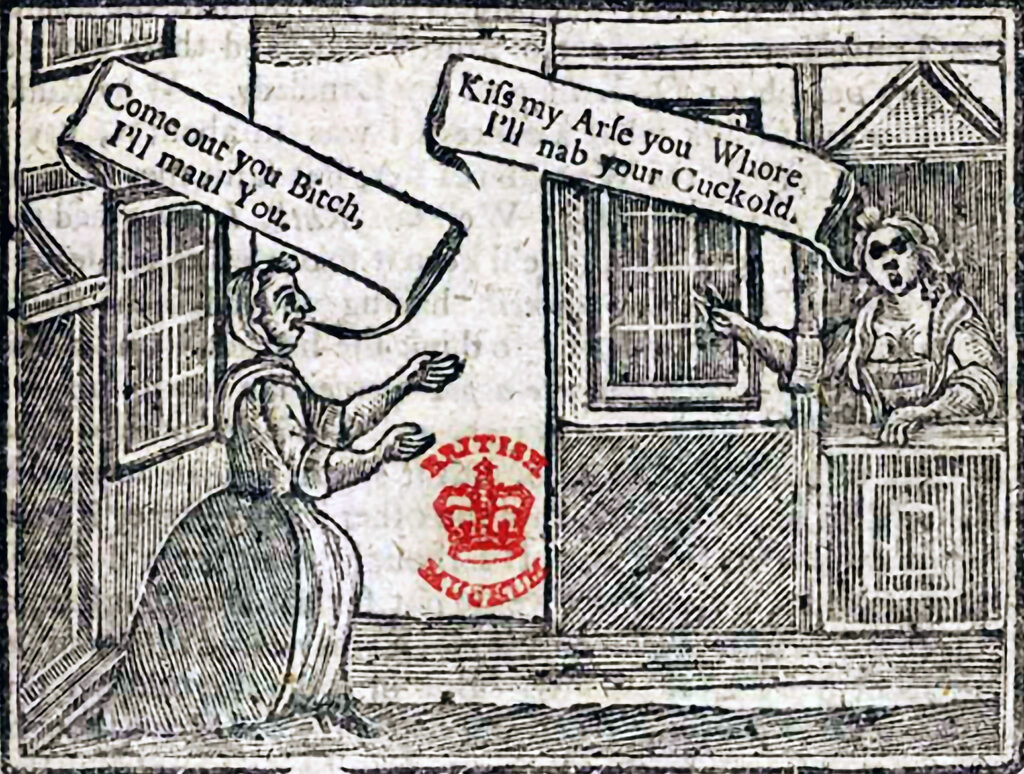
Lately, however, it feels like language is no longer evolving organically. Instead, it appears to be developing under the watchful eye of a self-appointed language police, who’re favoring speed and superficiality over context and depth. This, of course, is bad for society. And it is, more importantly, a complete deviation from the way healthy societies have historically remade language. This phenomenon reflects a broader issue known as ‘juvenoia and the youth critique,’ where older generations often express concern about the ways younger individuals engage with language and culture. Such critiques tend to overlook the innovative ways that youth adapt and expand upon linguistic norms as a mode of self-expression and identity. Rather than stifling creativity, this evolution should be seen as a vital part of linguistic growth that can enrich societal discourse if nurtured appropriately. Moreover, by dismissing the contributions of younger generations as mere trends or fads, society risks losing out on valuable perspectives and voices that drive cultural progress. The cycle of juvenoia and youth complaints often prioritizes nostalgia for past linguistic traditions over an appreciation for the dynamism of contemporary language practices. Embracing this evolution, rather than resisting it, can lead to a more inclusive and enriched dialogue that reflects the diversity of experiences and ideas in our rapidly changing world.
Dixie Chicks (Band Name)
-
- Issue: “Dixie” is tied to the Confederacy and slavery.
- Outcome: Rebranded as The Chicks in 2020.
Cracker Barrel
-
- Issue: The name is occasionally criticized for alleged racial connotations, though the brand denies this.
- Outcome: The name remains but faces periodic backlash.
Squaw Valley (Ski Resort)
-
- Issue: The term “squaw” is considered a racial and sexist slur against Native American women.
- Outcome: Renamed Palisades Tahoe in 2021.
Woke
- Origin: A neutral call for social awareness, particularly around racial and societal issues.
- Modern Usage: This show is too woke for me.
- Potential Taboo: Now considered a slur to dismiss activism, though it often just mocks performative progressivism.
Karen
- Origin: A term for entitled or privileged behavior, often associated with middle-aged white women.
- Modern Usage: Stop being a Karen about the rules.
- Potential Taboo: Critics argue it’s sexist, ignoring the fact that it’s also accurate and funny.
Retarded
- Original Use: A once-neutral medical term for intellectual disabilities.
- Modern Usage: Don’t act so retarded, used as an insult to demean intelligence.
- Potential Taboo: The misuse turned a clinical term into an insult, perpetuating stigma. Replaced by intellectual disability in professional and social contexts.
Snowflake
- Origin: A jab at people perceived as overly sensitive or fragile.
- Modern Usage: Stop being such a snowflake about everything.
- Potential Taboo: Derided for dismissing emotional vulnerability, though often used to point out actual fragility.
Cringe
- Origin: A term to shame awkward or embarrassing behavior.
- Modern Usage: That speech was so cringe.
- Potential Taboo: As society leans into authenticity, shaming cringe might soon be seen as judgmental.
Privilege
- Origin: A sociological term highlighting systemic advantages.
- Modern Usage: Check your privilege before you speak.
- Potential Taboo: Increasingly divisive, as its overuse in online debates turns it into a tool for condescension.
Basic
- Origin: A term mocking conformity, particularly among women.
- Modern Usage: Pumpkin spice lattes? That’s so basic.
- Potential Taboo: Criticized for perpetuating gender stereotypes and trivializing personal preferences.
Female (as a noun)
- Past Use: A term to describe women biologically.
- Modern Shift: Increasingly criticized as reductive and dehumanizing outside of scientific contexts.
- Potential Taboo: Referring to women as females is now seen as dismissive and overly clinical.
Powwow
- Past Use: A casual term for a meeting or gathering.
- Modern Shift: Now labeled as cultural appropriation, trivializing Native American traditions.
- Potential Taboo: Context no longer matters—even innocuous uses are condemned.
OCD or Schizo (as slang)
- Past Use: Casual references to overly organized habits or erratic behavior.
- Modern Shift: Recognized as trivializing serious mental health conditions.
- Potential Taboo: Saying I’m so OCD about this is now deemed offensive, even if it’s true.
Midget
- Past Use: A term for individuals with dwarfism.
- Modern Shift: Now recognized as a slur; replaced by person with dwarfism or little person.
- Potential Taboo: Its casual use has all but vanished, though older media occasionally revives the controversy.
Gay (as a pejorative)
- Past Use: Misused to describe something undesirable or lame.
- Modern Shift: This usage is now widely condemned as homophobic, with efforts to reclaim its original meaning.
- Potential Taboo: Rightfully criticized, though it’s still a lingering relic of early 2000s slang.
Tranny
- Past Use: Informal slang for transgender individuals, often used in derogatory contexts.
- Modern Shift: Now recognized as offensive and dehumanizing, replaced by trans or transgender.
- Potential Taboo: Its use is almost universally condemned, with good reason.
Savage
- Past Use: A term tied to colonialist language, describing Indigenous peoples as uncivilized.
- Modern Shift: Reclaimed in some contexts but criticized when used casually.
- Potential Taboo: Rihanna’s brand Savage X Fenty sidesteps the controversy by emphasizing empowerment.
Washington Redskins
- Issue: The term Redskins is widely regarded as a racial slur against Native Americans.
- Outcome: Renamed the Washington Commanders in 2020.
Cleveland Indians
- Issue: The team name and mascot Chief Wahoo were criticized for perpetuating stereotypes.
- Outcome: Renamed the Cleveland Guardians in 2021.
Florida State Seminoles
- Issue: Named after a Native American tribe, critics argue it commodifies Indigenous culture, despite agreements with the Seminole Tribe.
- Outcome: The name remains, with the university working closely with the tribe for approval.
Chicago Blackhawks
- Issue: While named after a specific Native American leader, the imagery is seen as problematic.
- Outcome: The name remains, but the team emphasizes educational efforts about Native American history.
Kansas City Chiefs
- Issue: Criticized for Native American imagery and traditions, including the Tomahawk Chop.
- Outcome: Discussions about changes continue, but the name remains.
Atlanta Braves
- Issue: Similar to the Chiefs, the Tomahawk Chop and associated imagery are considered appropriative.
- Outcome: The team has resisted calls for a name change but has adjusted game traditions.
Edmonton Eskimos (CFL)
- Issue: The term Eskimo is considered outdated and offensive to Inuit peoples.
- Outcome: Renamed the Edmonton Elks in 2021.
Savages (Various Schools)
- Issue: Criticized for perpetuating negative stereotypes about Native Americans.
- Outcome: Many schools have adopted neutral or respectful names.
Fighting Sioux (University of North Dakota)
- Issue: Depicted Native Americans as aggressive warriors.
- Outcome: Renamed the Fighting Hawks in 2015.
Colonials (George Washington University)
- Issue: Criticized for glorifying colonialism and associated oppression.
- Outcome: Discussions about changing the name continue, driven by student and alumni pressure.
Aunt Jemima
- Issue: Criticized for perpetuating racial stereotypes of Black women rooted in the “mammy” caricature.
- Outcome: Rebranded to Pearl Milling Company in 2021.
Uncle Ben’s
- Issue: The imagery and name were criticized for their associations with servitude.
- Outcome: Rebranded to Ben’s Original in 2021.
Land O’Lakes
- Issue: The packaging featured a Native American woman (Mia) that was seen as stereotypical and appropriative.
- Outcome: The Native American imagery was removed in 2020.
Miss Chiquita
- Issue: The anthropomorphized banana character has been criticized for perpetuating stereotypes about Latin American women.
- Outcome: The brand has kept the name but toned down the imagery in modern branding.
Eskimo Pie
- Issue: The name and imagery were deemed offensive to Inuit peoples.
- Outcome: Rebranded as Edy’s Pie in 2020.
The Great American Swear-Off: Which States Curse, Thank, and Grawlix the Most
The phrase “Your call may be monitored or recorded for quality assurance purposes” is used for far more than just ensuring quality. It’s essentially an open invitation for corporate anthropologists to eavesdrop on our conversations. What they have learned is that we Americans are a nation of eavesdroppers—at least those of us with a landline or a cellphone. And our reach is long—across stories, character voices, and imaginative settings. After all, if our story is not interesting enough to make someone eavesdrop, will our eavesdropping make someone’s story interesting enough to get them to eavesdrop?
The Grawlix Phenomenon: Swearing in Symbols
For occasions when saying something uncouth is unavoidable but behaving like a gentleman or lady requires restraint, we can turn to the glorious invention of grawlixes. Those little squiggly symbols (*@#%) are a nod to our collective need to express virulent anger without actually saying the words that might, you know, actualize the whole peaceful protest we’re trying to maintain. Coined by Mort Walker, grawlixes are for when you want to give a virtual finger without actually pushing a button that might get you called into the HR office.
![]()
You can picture a person during customer service calls cursing the company’s name and the names of her ancestors for having brought her into this moment when she is a past-due customer. When service reps hear this kind of endearing language, they’re still doing the dangerous kind of account-holding customer service that one should never do. When you self-censor and say “frak” instead of “fuck,” you’re essentially telling the customer that swearing is only okay if you do it in a socially acceptable way and for a socially acceptable reason.
![]()
![]()
Cursing by the Numbers: X (Twitter) and the Seven Dirty Words
A Tweet Analysis (now X) “Digital Profanity: Swearing on Twitter” is about what happens on the platform—now called X—where “anonymity allows for unfiltered language. ” As users express themselves more freely, the nature of their language often reflects broader societal attitudes towards swearing and censorship. This phenomenon also highlights the ongoing slang evolution in digital communication, where terms and phrases can spread rapidly, morphing in meaning and usage. Consequently, the line between casual conversation and offensive language becomes increasingly blurred, prompting discussions about the parameters of acceptable discourse in online spaces. Researchers have started to investigate the mechanisms behind slang evolution, noting how specific words can gain or lose their shock value over time as communities adapt and respond to social contexts. This dynamic reshaping of language often leads to the emergence of new expressions that challenge traditional norms, pushing the boundaries of what is considered acceptable in public discourse. Ultimately, the interplay between anonymity, user expression, and evolving language reflects broader cultural shifts, as individuals seek to carve out their identities in an increasingly vibrant digital landscape.
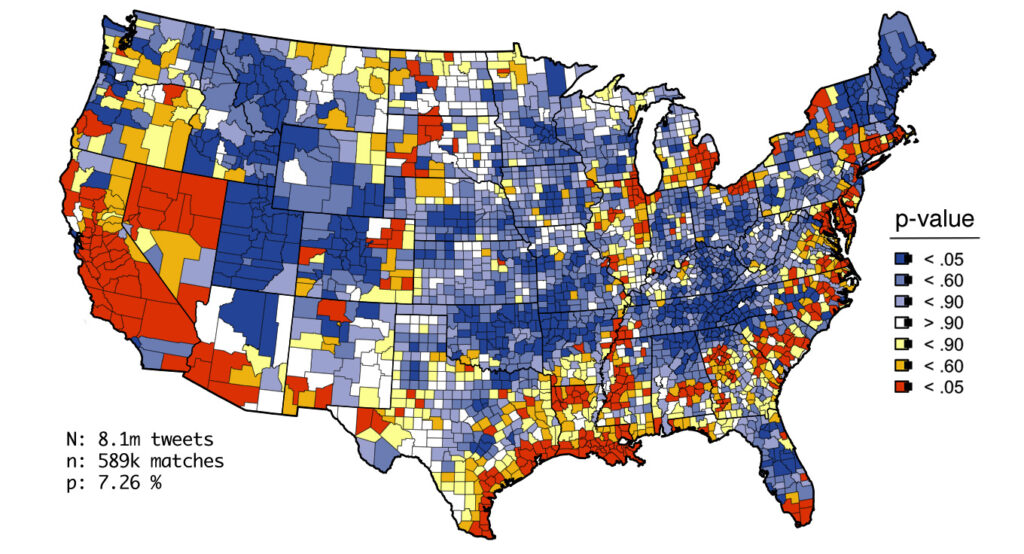
That unfiltered language, if it makes the occasional foray into the economy of expression, shows us just how primal and unfettered a means of communication cursing really is. It knows no boundaries; it carries universal meaning; and it occasions all sorts of ornately rendered business in the local dialects and registers of those doing the cursing. When we who don’t share a common language find one another, those of us who are amongst the mightiest in the world for using e-communications can usually find a way to understand one another that’s mostly us being referred to in the second person or somebody being referenced in the third person and not in a way that’s going to elicit gasps for the fainting.
Swearing as the Language of Raw Humanity
One of the captivating oddities of human life, cursing is a fundamental part of our communication. It’s universal yet deeply personal, appearing in every culture as a form of linguistic shorthand that conveys the very essence of our emotions. When we curse, we are not just letting off steam; we are consciously choosing to imbue our words and expressions with a level of raw, primal emotion that we might not ordinarily level-up to. After all, in matters of life and death, love and hate, in that gray zone where we’re just talking but might also be lying or telling the unvarnished truth, our emotions are liable to come bubbling up and out. And when they do, we might just opt for some good, ole-fashioned cursing if the average word doesn’t suffice.
More from Editor Picks
Seeing Faces in Everyday Objects? Here’s What’s Really Happening
Human cognition is both a marvel and a mystery. It is a tool forged in the fires of evolution, honed …
Cartoon Doppelgängers: When Real Life Takes a Detour to Looney Town
Have you ever walked down the street, looked at someone, and thought, “Wait a minute, why does it look like …
Only 1% Get Every Question Right: Are You One of Them?
This quiz doesn’t care about your GPA, your LinkedIn bio, or your self-esteem 💡 It only cares about right answers …









